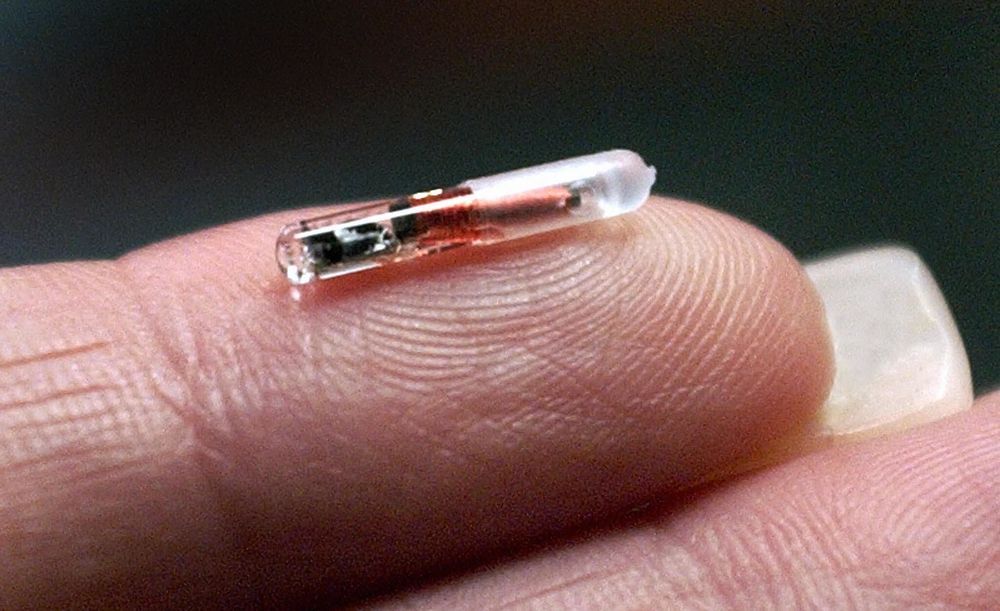This is what a Hyperloop commute could look like.


Painting 3D art in virtual reality… I could watch for hours 😍.
These robotic tiles can track your every step to create an immersive VR experience via 筑波大学|University of Tsukuba.

Though it may not have the sting of death and taxes, presbyopia is another of life’s guarantees. This vision defect plagues most of us starting about age 45, as the lenses in our eyes lose the elasticity needed to focus on nearby objects. For some people reading glasses suffice to overcome the difficulty, but for many people the only fix, short of surgery, is to wear progressive lenses.
“More than a billion people have presbyopia and we’ve created a pair of autofocal lenses that might one day correct their vision far more effectively than traditional glasses,” said Stanford electrical engineer Gordon Wetzstein. For now, the prototype looks like virtual reality goggles but the team hopes to streamline later versions.
Wetzstein’s prototype glasses—dubbed autofocals—are intended to solve the main problem with today’s progressive lenses: These traditional glasses require the wearer to align their head to focus properly. Imagine driving a car and looking in a side mirror to change lanes. With progressive lenses, there’s little or no peripheral focus. The driver must switch from looking at the road ahead through the top of the glasses, then turn almost 90 degrees to see the nearby mirror through the lower part of the lens.
Where reality is still lagging considerably is in recreating the physical experience of VR. In the movie, the haptic gloves OASIS players wear make them virtual objects almost indistinguishable from real ones. Other characters have even more advanced set-ups, like full-body haptic suits that simulate both pleasure and pain, complicated harnesses and treadmills that allow users to run around and move their bodies just like they would in real life, and even “smell towers.”
But a report released by analysts IDTechX to coincide with the movie’s release suggests the first step towards most of these technologies has already been taken. VR handsets already feature the same kind of rumble packs found in computer game controllers that provide simple haptic feedback in the form of vibrations.
These same vibration motors have also been integrated into VR gloves like Gloveone and Manus, where they can recreate textures. Go Touch VR’s haptic rings use a small motor to vary the pressure of a piece of plastic against your fingertips to mimic the force felt when touching objects, while Ultrahaptics beams ultrasound onto your hands to give the sensation of pressure and texture.


Woah this is crazy!
How could this be used in VR and immersive entertainment?


Is the future finally here? The arrival of 5G (fifth generation mobile networks) has been keenly anticipated and long discussed. And if you attended the latest Mobile World Congress, held in Barcelona in February, you would have seen plenty to suggest that 5G will take off in 2019. Smartphone manufacturers are busy preparing their 5G models, the wireless networks on which they will run are being planned, and there is no shortage of visionary use cases highlighting how virtual reality and other technologies will harness 5G’s amazing power and connectivity. In short, our lives are about to change.